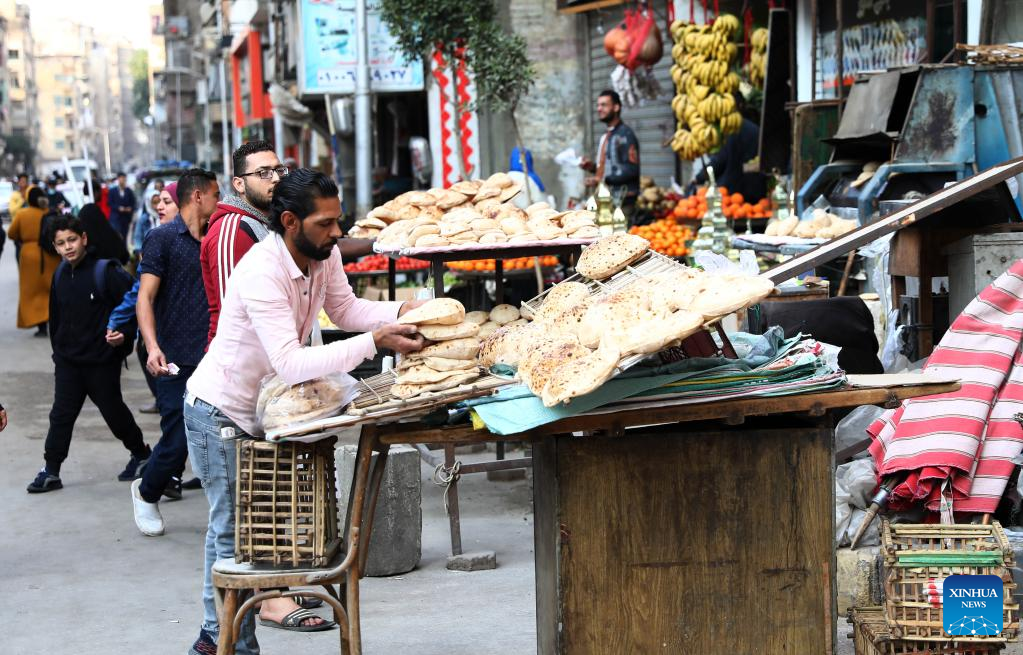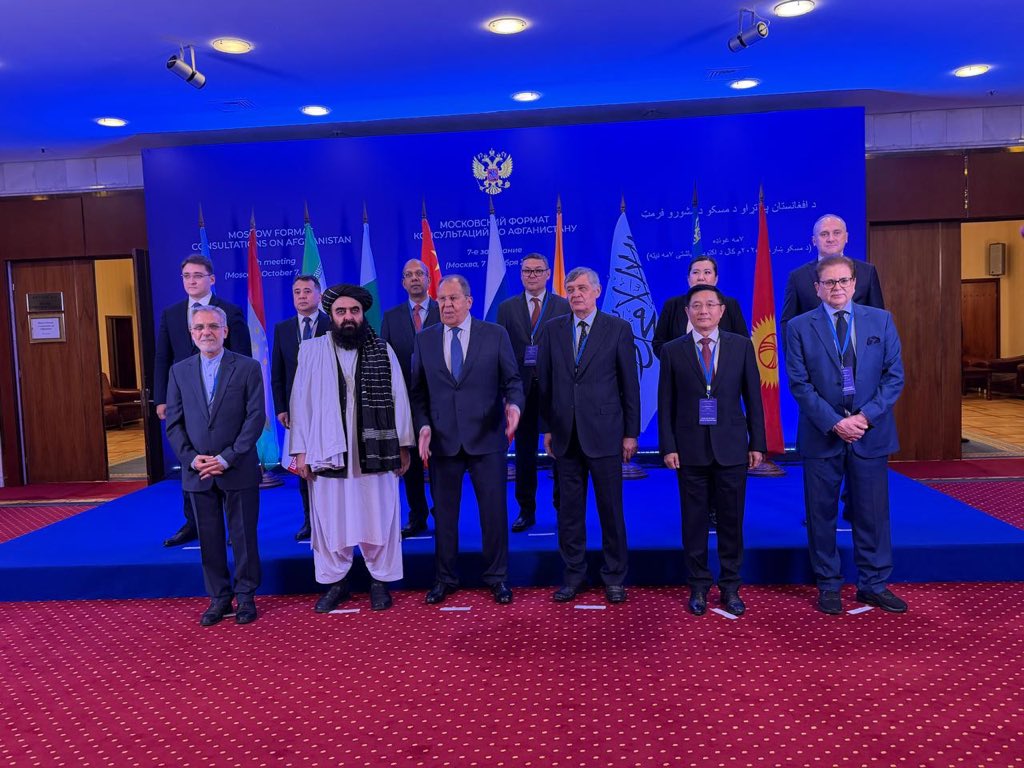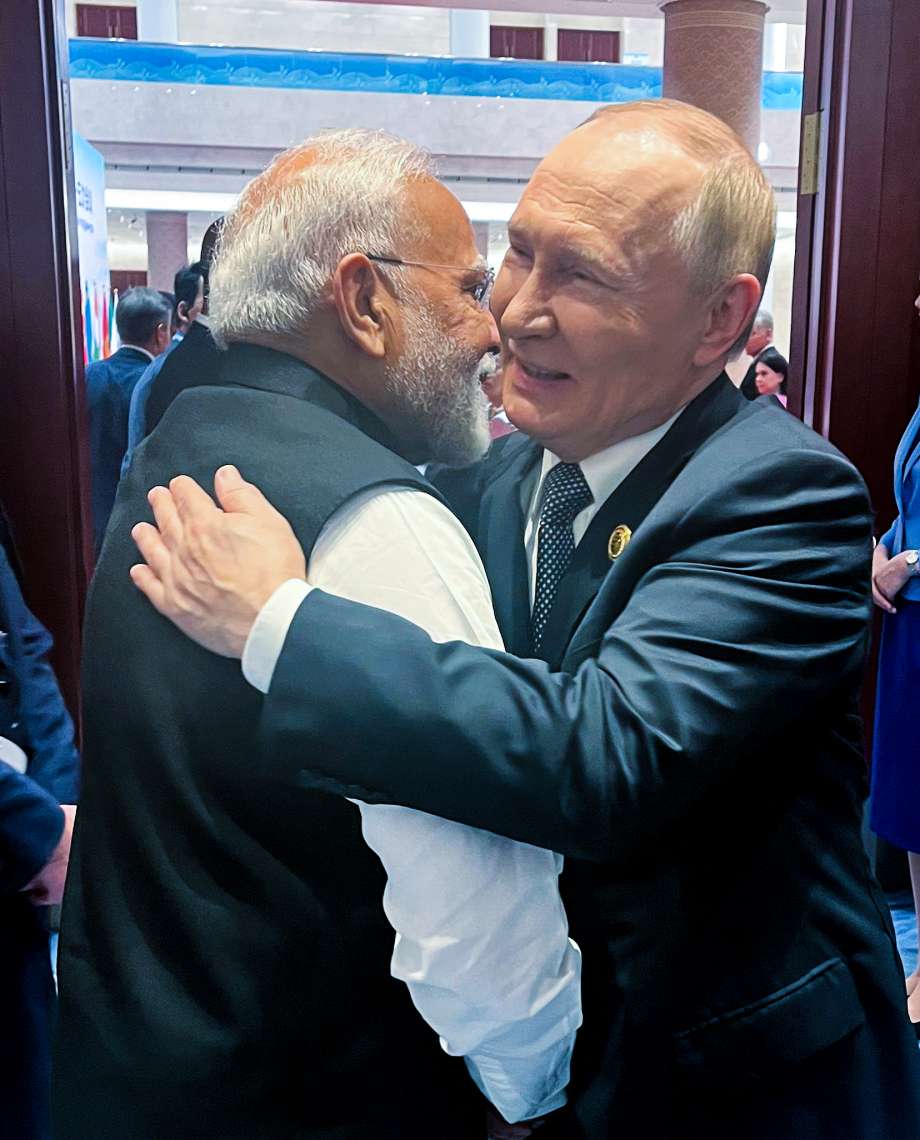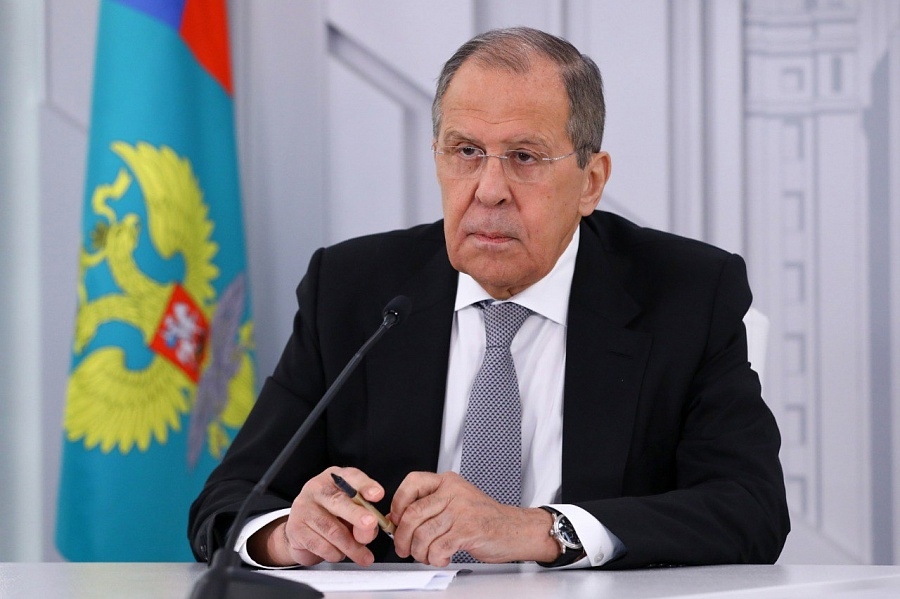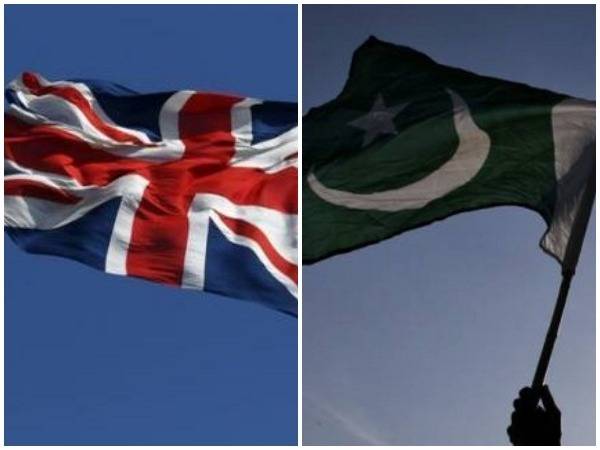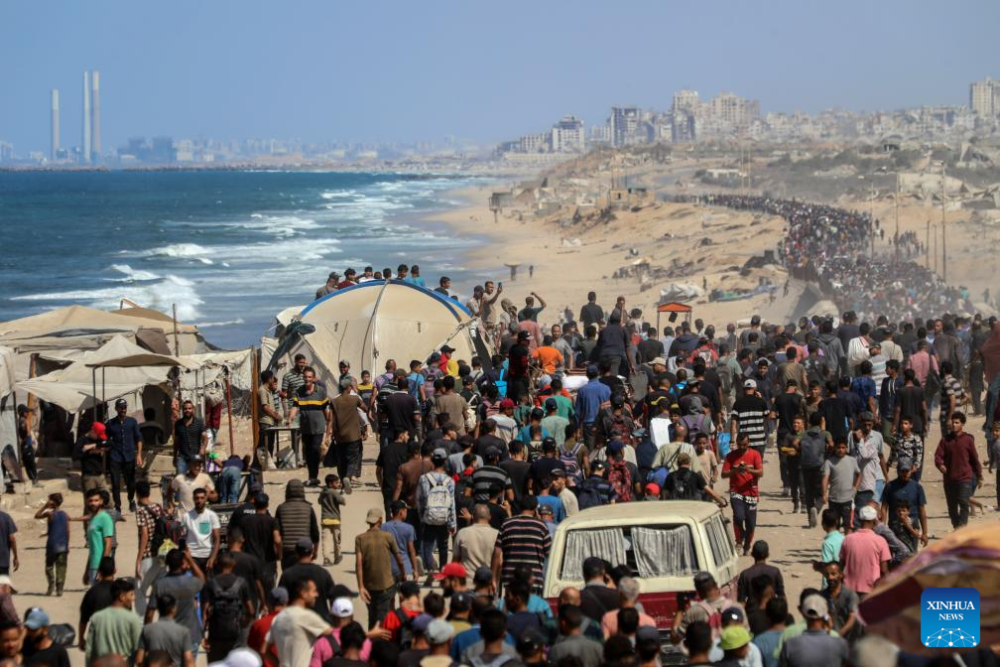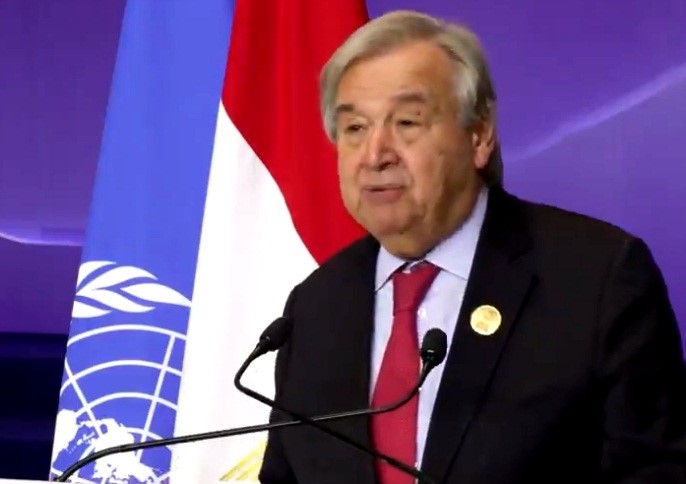Russian tourists are cancelling trips to Middle Eastern destinations. Tunisia vows hard work to overcome impact of Russia-Ukraine crisis on tourism. Oil and flour prices are touching roofs in Egypt, Syria, Ethiopia, and Lebanon
The Tunisian tourism minister promised to work hard to overcome the repercussions of the Russian-Ukrainian conflict on the country’s tourism sector.
“Several flights have been cancelled to Tunisia, especially since the number of Russian tourists will be in remarkable decline,” Mohamed Moez Belhassine said on the sidelines of a national forum on tourism.
Belhassine revealed that his ministry has set up a crisis unit whose main mission is to monitor the effects of the conflict.
ALSO READ: Russia-Ukraine war puts China in difficult position
“The crisis unit is in direct contact with most of the tourist operators in Russia and Ukraine as well as in eastern and central Europe,” the minister said, highlighting the importance of the Russian market for the growth of the Tunisian tourism sector.
A total of 630,000 Russian tourists visited Tunisia in 2019, and the number dropped sharply to 90,000 during the period of 2020-2021 because of the global COVID-19 pandemic, according to Belhassine.
Food prices soar
The consequences of Putin’s war will play out in regions already experiencing acute food insecurity and in food-importing countries that are most vulnerable to supply shocks and price increases.
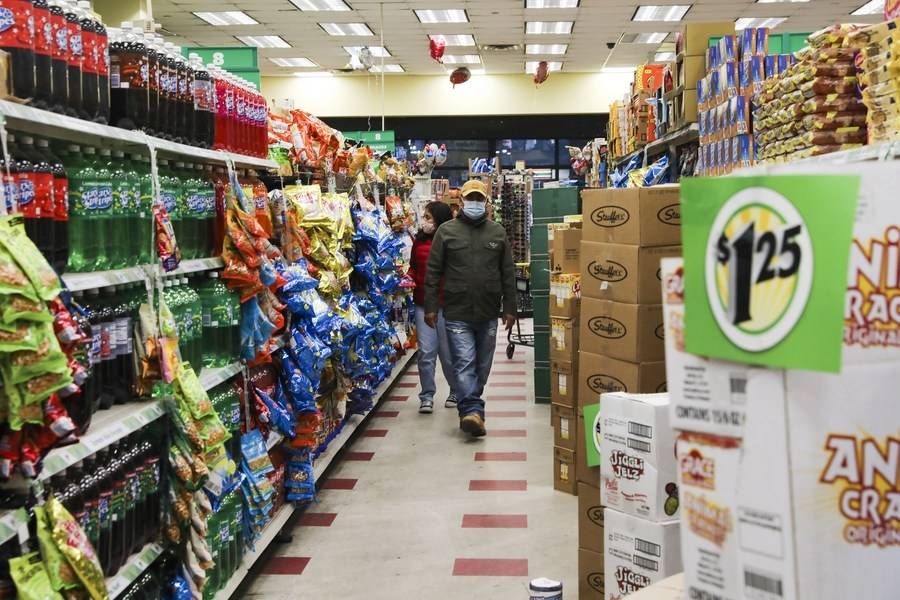
Russia’s invasion has put global stocks of grains and oilseeds into question and caused energy prices to soar, throwing fuel onto the fire and risking pushing food insecurity skyward, says Caitlin Welsh, Director of the Global Food Security Program at the Center for Strategic and International Studies in Washington.
The impacts of disruption to agriculture in the Black Sea region could take months, or even years, to play out. Beyond pain at the gas pump, Americans will continue to experience sticker shock in the checkout line, with global food and fuel supply disruptions leading to even higher food prices, Welsh said.
An underreported reality is that global food insecurity is already at a 10-year high. Prior to Russia’s invasion of Ukraine, the follow-on effects of the pandemic — lost jobs and wages, supply chain disruptions, food price volatility — pushed the number of food-insecure people to record levels, Welsh says.
This spike in food insecurity happened despite ample global food stocks and record-low fuel prices.
Shocks to global agriculture markets can reverberate worldwide. In 2007 and 2008, decreases in production from major producers — Australia, Burma, Russia, and others — led to price increases and riots from Haiti to Cote d’Ivoire to nearly 40 other countries.
Today, decreases in the global stocks of wheat and other grains and oilseeds from Ukraine and Russia could exacerbate ongoing crises in Afghanistan, Syria, Ethiopia, and other hotspots and aggravate instability in Egypt, Lebanon and Syria.
Among Ukraine’s major wheat buyers, almost half already experience acute food insecurity; particularly vulnerable to a decrease in Russian wheat supply are its purchasers across Asia and Africa, Welsh said.
With China pledging to purchase Russia’s barley and wheat, any sanctions imposed on Russia’s agriculture sector would have limited effect, Welsh said.


